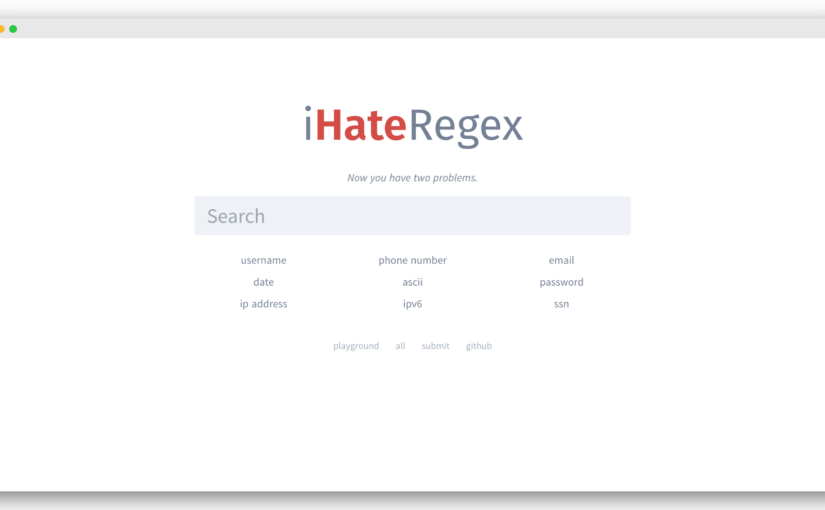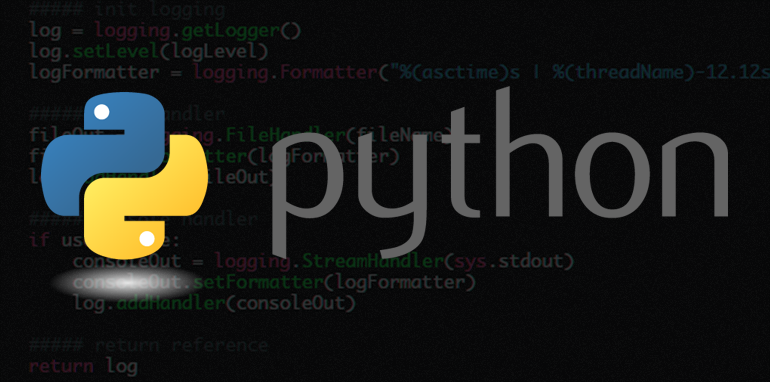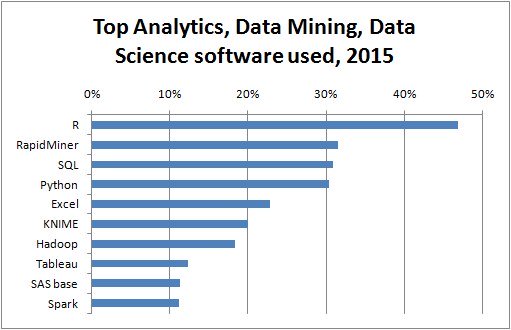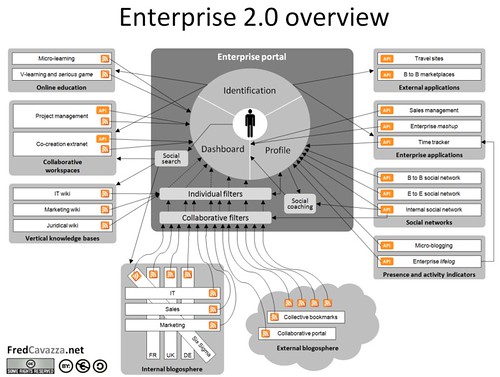Every time I have to use regex, I must look up the Interne for the regex pattern syntax, try some variations with my code, and eventually falling back to some regex website to find pre-made patterns for my specific case. I know I’m not alone in this. I have at least half-a-dozen regex websites in my bookmarks. We know that new one of these pops up so very often, while the old ones vanish in the archives of the internet.
Here are some wise words from the Internet about this regex situation:
So here we have another contender with a difference: don’t just use; understand.
Yes, iHateRegex.io, and so does many, but this website is working against it. While you are here looking for your specific case of regret… I mean regex, the website helps you understand how the regex pattern is working to find the match from the given input by showing a visual explanation of the process. Pretty neat eh!
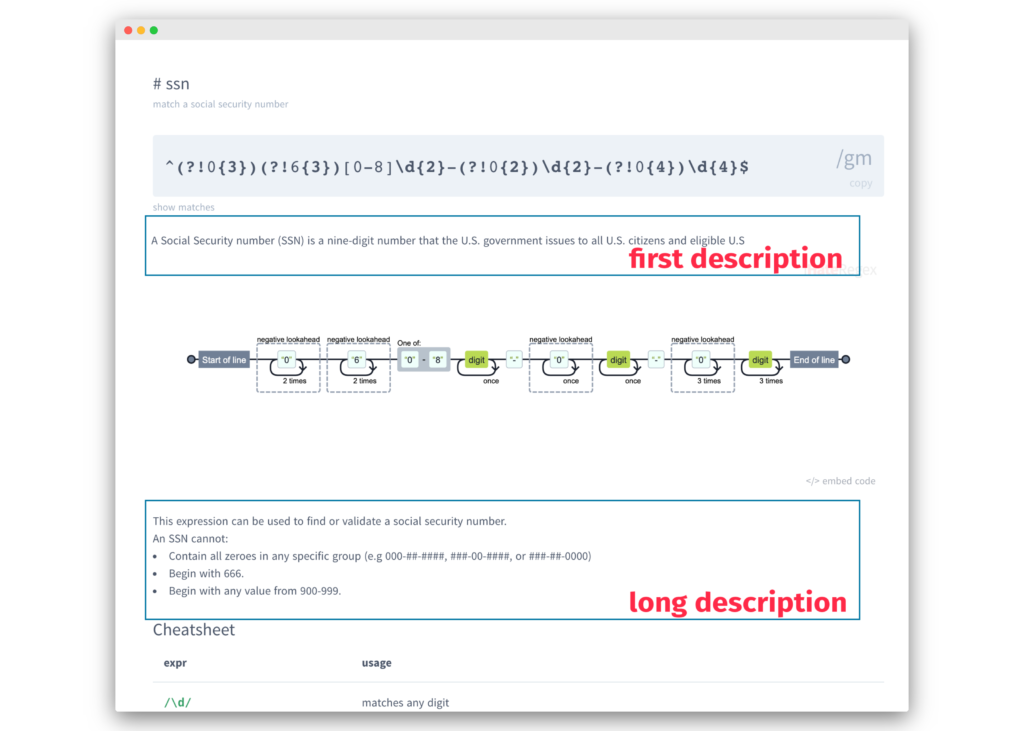
Found some useful examples here and I think they are doing a good service to the developer community. Bravo guys!
Website: https://ihateregex.io/
GitHub Repo: https://github.com/geongeorge/i-hate-regex
Go, give it a try.
Cheers.
